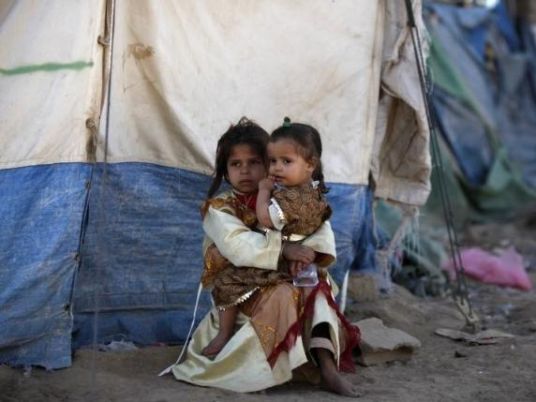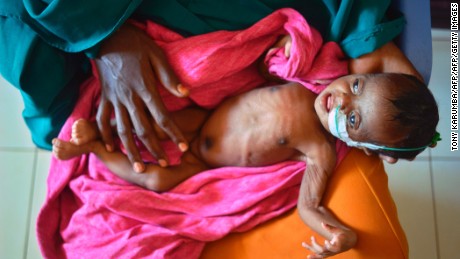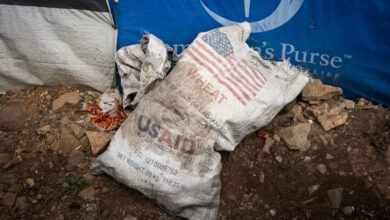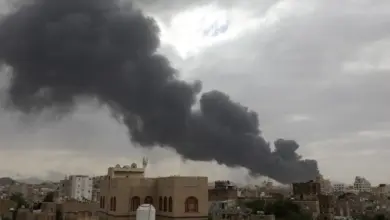
Blaming the “inability or indifference” of the international community, the United Nations’ humanitarian chief warned that Yemen is spiraling toward “total social, economic and institutional collapse.”
Speaking to the UN Security Council, Stephen O’Brien, the UN Under-Secretary-General for Humanitarian Affairs and emergency relief coordinator, said the country’s citizens face a “triple threat” of “armed conflict, famine, and deadly disease that has already killed, injured, displaced or otherwise affected millions and it will spare no one if it continues unchecked.”
He urged the UN to ensure the safety and protection of Yemenis by ensuring that all parties in the country’s civil war between the country’s recognized government and Shia Houthi rebels adhere to international humanitarian and human rights laws, and that aid shipments remain unimpeded by keeping ports and land routes open to humanitarian traffic.
O’Brien said the humanitarian crisis facing the population is not unavoidable, but rather a “direct consequence of actions of the parties and supporters of the conflict.”
Regional powers are fighting a proxy war in the southern Arabian peninsula country. Saudi Arabia and the United Arab Emirates are supporting the central government in their fight against the Iran-backed Houthi rebels who have toppled the internationally recognized leadership there.
Two years on and the conflict in Yemen shows little signs of abating. The Saudi-led coalition and Houthi rebel groups continue to bombard one another, while terrorist groups operate unhindered — leaving millions of civilians in the crossfire.
Yemen now leads the world in food security crisis, and is one step away from famine, O’Brien told the Security Council.
“As I have previously briefed this Council in recent months, urgent action is required to stem the suffering,” he said. Seventeen million people in the southern Gulf country are food insecure, he said, almost half of whom are “one step away from famine.”
“The people of Yemen are being subjected to deprivation, disease and death as the world watches,” he said. To illustrate the scale of the crisis, he said Yemeni families are increasingly marrying off their young daughters to have someone else care for them, and often use the dowry to pay for basic necessities.
“Crisis is not coming, it is not looming, it is here today — on our watch and ordinary people are paying the price.”
He added that basic health care is lacking, and pointed to a stark example to prove his point.
“By the time I finish my statement to the Council today, another child in Yemen will have died from a preventable disease,” he said.
Separately, on Tuesday the UN’s child welfare agency released a statement highlighting the country’s cholera epidemic.
In the past four weeks alone, 55,200 new cholera cases have been reported in Yemen — many affecting children, UNICEF said in a statement Tuesday.
This is an “an unprecedented increase in the number of suspected cholera cases,” the statement read.
“Time is running out,” UNICEF said. “More and more children die every day in Yemen from preventable causes like malnutrition and cholera.”
Earlier this month Save the Children said that 242 people had already died during the first three weeks of the outbreak.
Almost 8,000 civilians have died and more than 40,000 have been injured in the two-year-old conflict; two million Yemenis are internally displaced.
An April funding conference arranged by the Secretary-General in aid of funding for Yemen humanitarian funds generated $1.1 billion in pledges, O’Brien said. While over half of the pledges from the conference have been fulfilled, it falls short of the goal of $2.1 billion required for the UN’s overall humanitarian strategy and plan.
O’Brien urged quick action to stem the suffering of those caught up in the conflict.
“This is no longer just a question of politics or economics; it’s about basic humanity, human dignity, and indeed, survival,” he said.





